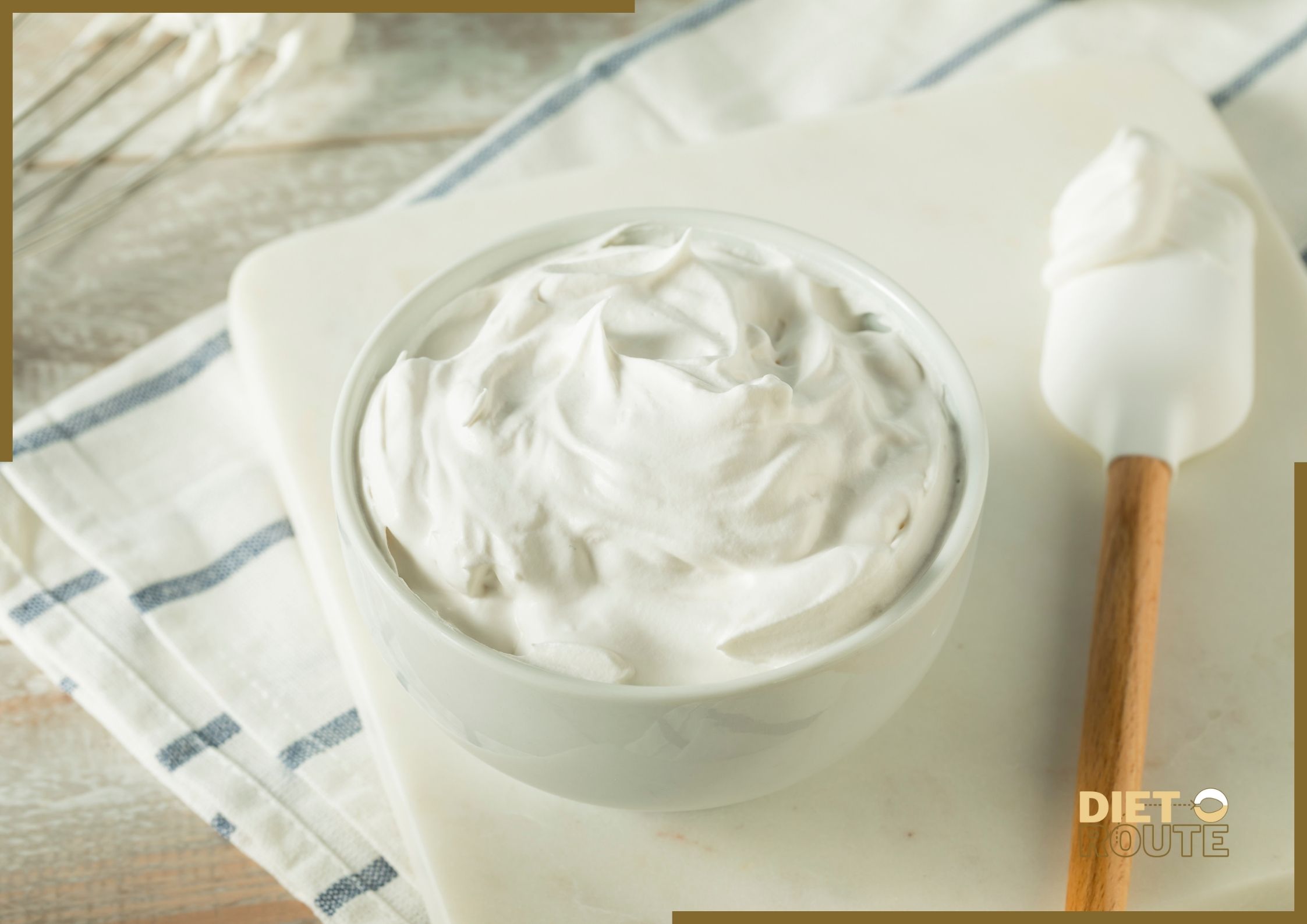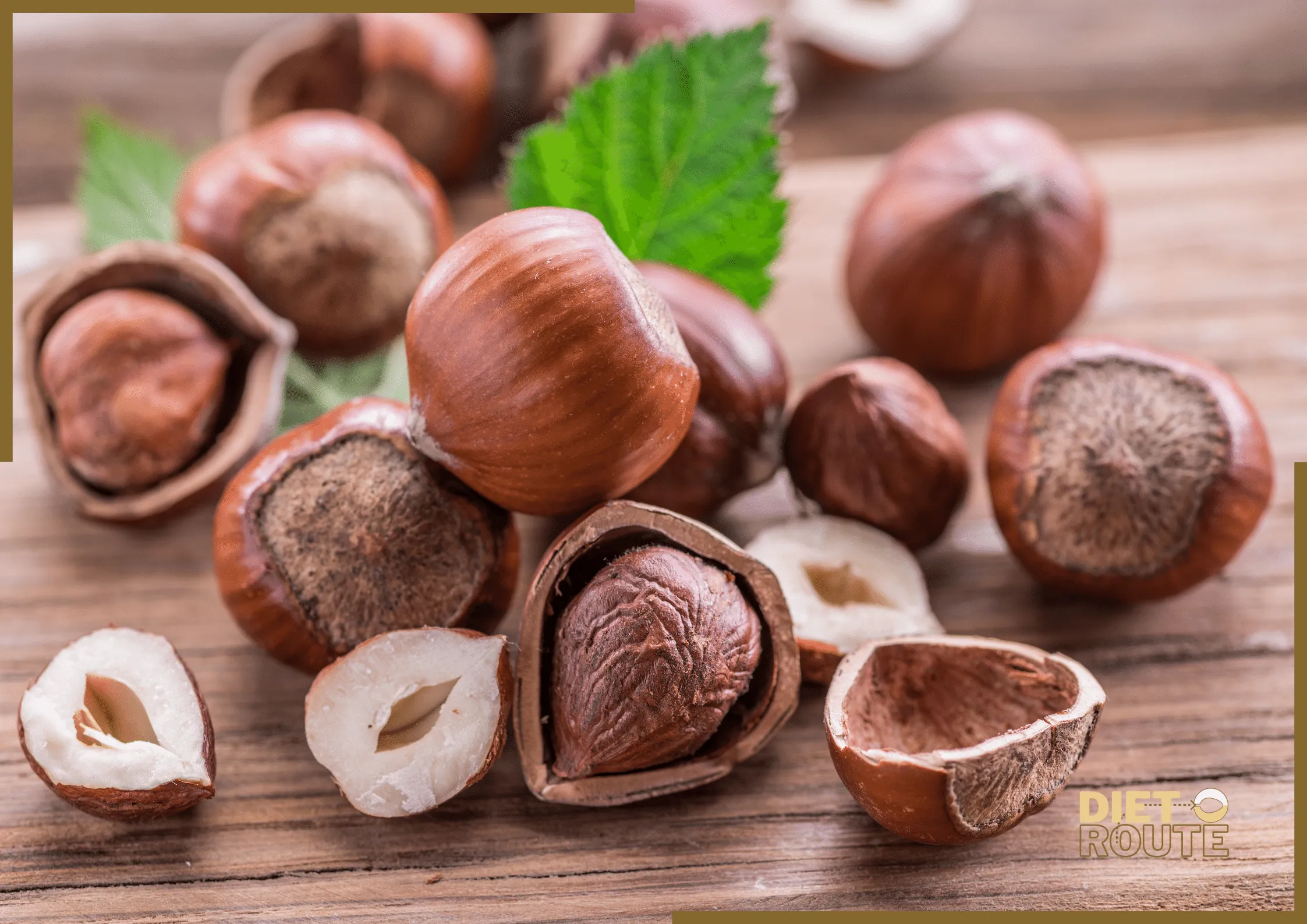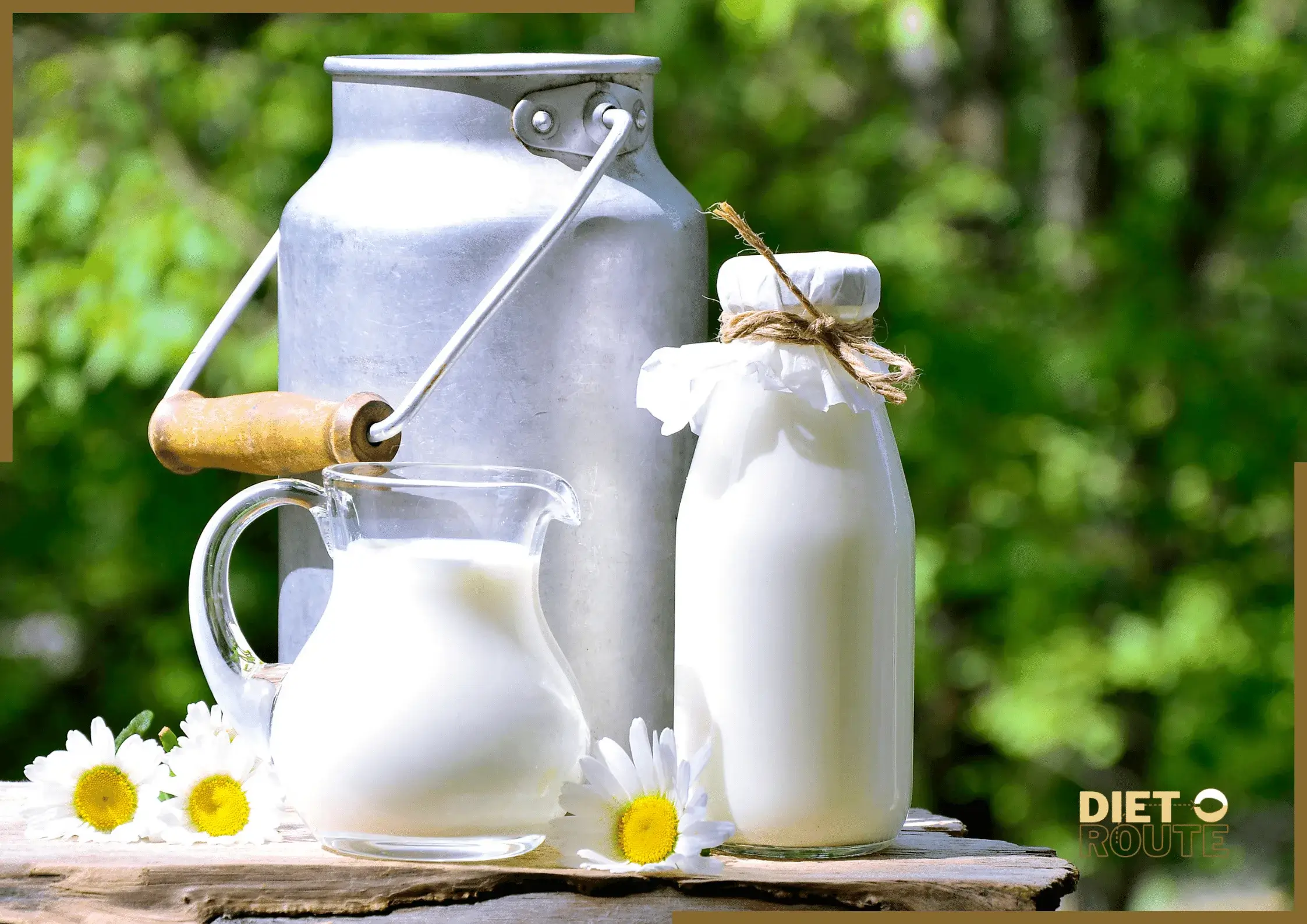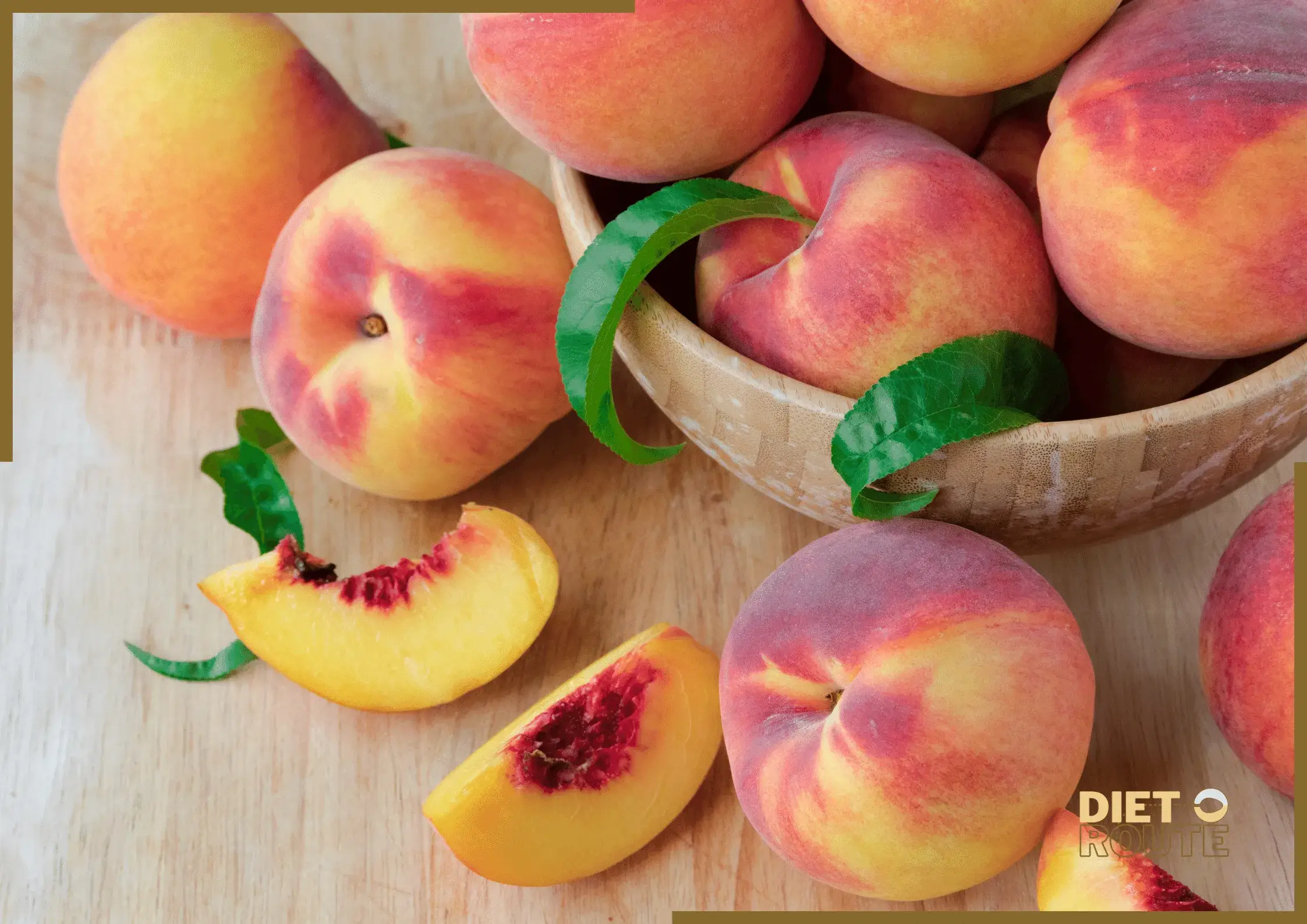Table of Contents
Introduction
Buttermilk is a tangy and refreshing dairy drink that has become popular because of its unique taste and possible health benefits. In this article, we will discuss the nutritional profile, including its pros and cons. We will also provide a table showcasing its nutritional content, answer common questions, and help you understand the role of buttermilk in your diet.
Nutritional Value Approximately 100g
| Nutrient | Amount Per Serving (1 cup) | % Daily Value |
|---|---|---|
| Calories | 99 | 5% |
| Total Fat | 2.2g | 3% |
| – Saturated Fat | 1.3g | 6% |
| – Trans Fat | 0g | |
| Cholesterol | 12mg | 4% |
| Sodium | 262mg | 11% |
| Total Carbohydrates | 12.2g | 4% |
| – Dietary Fiber | 0g | 0% |
| – Sugars | 12.3g | |
| Protein | 8.1g | 16% |
| Calcium | 284mg | 23% |
| Vitamin D | 49IU | 12% |
| Vitamin B12 | 0.9mcg | 15% |

Pros
1. It is a good source of calcium because it has a lot of calcium in it. Calcium is important for strong bones and teeth.
2. It usually has good bacteria that are good for gut health and digestion.
3. It is a drink that keeps you hydrated and cools you off. It can be a pleasant alternative to sugary drinks.
Cons
1. Because it contains lactose, people with lactose intolerance may have stomach pain when they eat it. Because it contains lactic acid bacteria, some people with lactose intolerance may be able to handle it better than regular milk.
2. Individuals on a low-sodium diet should monitor their intake because buttermilk can have a high sodium content.
Frequently Asked Questions (FAQ)
1. Is buttermilk suitable for individuals who suffer from lactose intolerance?
Due to the fermentation process, which lowers the lactose content, buttermilk may be easier to digest for some individuals with milk intolerance. But people’s ability to handle things may vary.
2. Is buttermilk the same thing as regular milk?
The process of fermenting milk results in buttermilk, which has a tangy flavor and a different nutritional profile from regular milk.
3. Can you cook and bake with buttermilk?
It is a flexible ingredient that can be used to make pancakes, biscuits, and marinades, among other things.
4. Is buttermilk a good source of protein?
It has a modest amount of protein, which can add to a balanced diet’s total protein intake.
5. Is buttermilk good for digestion?
Probiotics found in it may help some individuals maintain healthy digestion. But from person to person, the results may vary.
6. Can buttermilk help you lose weight?
It has fewer calories than some other drinks, so it can be part of a healthy diet that helps you lose weight. But individual factors and dietary patterns as a whole play a big role.
7. Can regular milk be replaced in recipes for buttermilk?
In many recipes, it can be used as a substitute for regular milk, but it may change the end product’s taste and texture.
8. Is it suitable for high blood pressure?
Individuals with high blood pressure should be aware of their sodium intake and look for alternatives with less sodium. Buttermilk can be relatively high in sodium.
9. Is it safe for pregnant women to drink buttermilk?
Women who are pregnant can drink as part of a healthy diet, but it’s important to talk to a doctor or nurse for personalized advice.
10. How long does fresh buttermilk last?
The shelf life varies depending on a number of things, such as how it is stored and how it is made. It is best to look at the label for exact instructions
In A NutShell
The taste, nutrition, and possible health benefits of buttermilk are all unique. It is a good source of calcium and may help keep your gut healthy with probiotics. However, individuals who have a lactose intolerance should be careful, and those who are on a low-sodium diet should monitor their intake. You can add to your diet as a hydrating and healthy beverage by knowing its nutritional benefits and taking into account your own needs and tastes.









